The Benefits of Humidifying Your Home: How to Choose the Right Humidifier for You
Advertisement
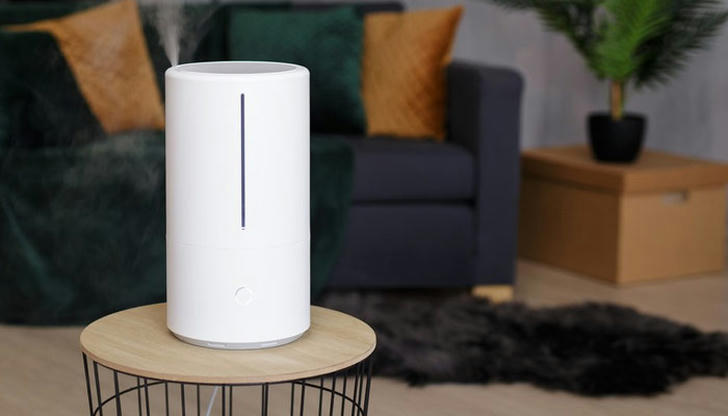
A humidifier can be an excellent addition to your home, providing numerous health benefits and helping to improve the air quality in the space. Humidity helps to maintain a healthy level of moisture in the air, which can help to reduce the symptoms of allergies, asthma, and other breathing issues. In addition, a humidifier can help to reduce static electricity, reduce the growth of mold and mildew, and protect furniture from cracking and splitting due to dry air. With so many benefits, it is important to choose the right humidifier for your needs. This article will provide an overview of the various types of humidifiers and discuss the factors to consider when selecting the right one for your home.
Benefits of using a humidifier
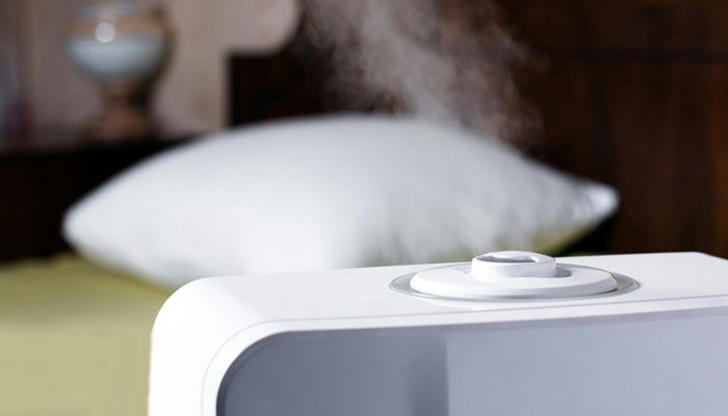
A humidifier has many benefits and uses in the home. There are several health benefits of humidifying your home, including the reduction of allergies and asthma symptoms, and improved sleep quality. Dry skin and a dry throat can be remedied by adding more moisture to your indoor environment. Mats and floors can crack and split due to dry air and humidity. Static electricity can be reduced and a humidifier can help to keep your furniture looking newer for longer. A humidifier can also improve the overall air quality in your home by reducing pollutants and allergens in the air.
Factors to consider when choosing a humidifier
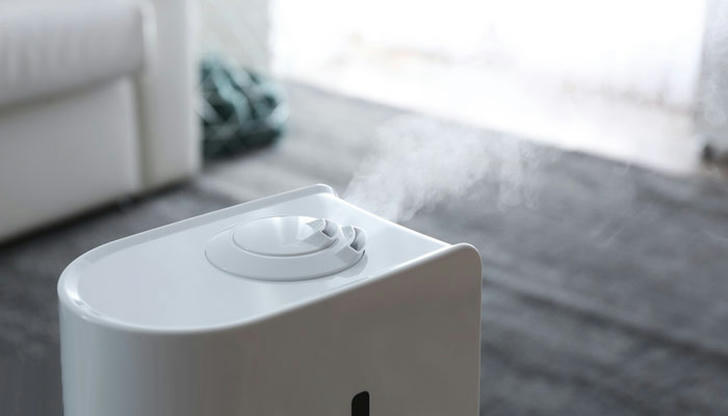
When choosing a humidifier for your home, it is important to consider the benefits and drawbacks of each type of humidifier. An evaporative humidifier adds moisture to the air by collecting water from a tank and releasing it through a pad or filter that is coated with a water-absorbent material. An ultrasonic humidifier uses sound waves to create tiny water droplets that are dispersed into the air. Some humidifiers contain a built-in filter, while others require a separate filter to remove impurities from the water before it is dispersed into the air. You may also want to consider aesthetics, such as whether you prefer a floor or tabletop humidifier, or functionality, such as whether you want a humidifier that has a timer function.
The cost of a humidifier

Humidifiers can vary in price depending on the type of humidifier you choose. You may find that humidifiers with a filter cost more, but they are worth it as they will last longer than humidifiers without a filter. A humidifier without a filter may be less expensive upfront, but they can have to be replaced more often because they do not have a filter to catch impurities from the water. The costs of running a humidifier depend on the size of the humidifier and the amount of water it uses. A humidifier that uses less water will cost less to run. You may also want to consider the other costs associated with owning a humidifier, including the cost of replacing filters and any maintenance or repairs that may be needed.
How to maintain and clean a humidifier
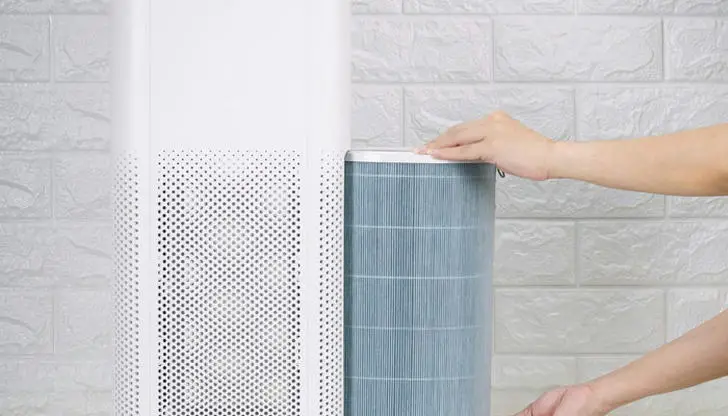
One of the most important things to know about your humidifier is how to properly maintain and clean it. For the most part, a humidifier is maintenance-free, but there are things you should do to keep it running smoothly and for the longest possible time. When cleaning your humidifier, you can either use vinegar or a commercial cleaning solution. Be sure to follow the manufacturer's instructions for cleaning your specific humidifier. The most important thing to remember when cleaning your humidifier is to unplug it before you start cleaning it. This will prevent any electrical accidents.
Potential health risks

There are some health risks associated with the use of humidifiers, including bacterial growth, allergic reactions, and water damage. Bacterial growth can occur in humidifiers that are not cleaned regularly. You can reduce the risk of bacterial growth by cleaning your humidifier regularly. Humidifiers can also trigger allergies and asthma symptoms, particularly in people who suffer from allergies and asthma. To reduce these risks, make sure to clean your humidifier regularly, and keep it at least two feet away from where you sleep. Humidifiers can also cause water damage, particularly if they are too close to furniture. You can prevent water damage by keeping your humidifier away from furniture, floors, and other areas.
Conclusion
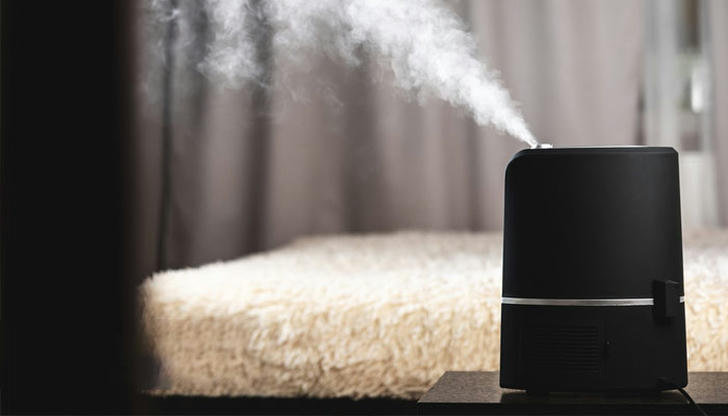
Humidifiers have many benefits and uses in the home. Humidity is the amount of moisture in the air, and it plays an important role in our health and comfort. It is important to have the right humidity level in your home. Humidifiers can help to extend the life of your wood furniture and floors, and they can reduce pollutants and allergens in the air.



